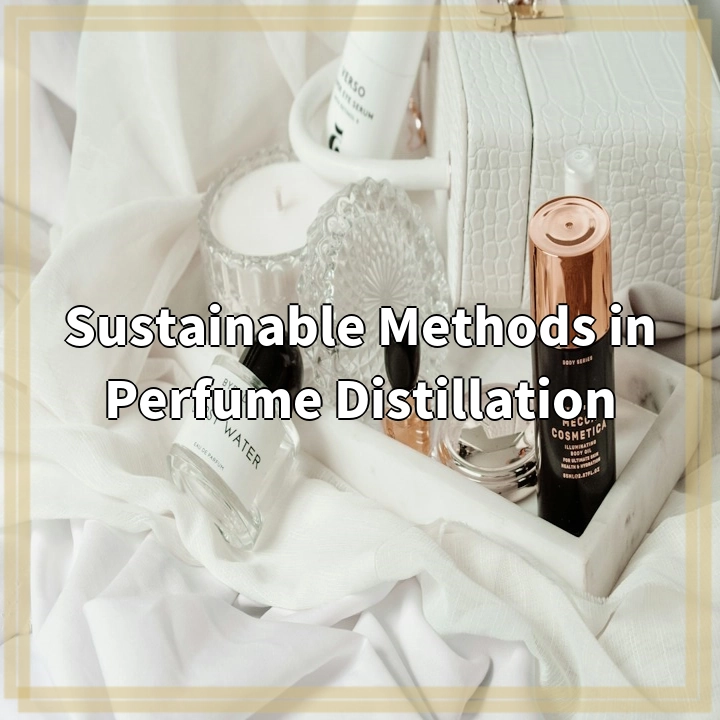
What is Sustainable Methods in Perfume Distillation?
Perfume distillation is the process of extracting aromatic compounds from natural materials to create fragrances. Sustainable methods in perfume distillation refer to practices that minimize the environmental impact of this process, promoting eco-friendly and socially responsible approaches.
Real-World Problems Associated with Perfume Distillation
While perfume distillation is an art that has been practiced for centuries, it is not without its challenges from an environmental perspective. Here are some of the real-world problems associated with conventional perfume distillation:
1. Resource Depletion
The extraction of aromatic compounds for perfumes often relies on the use of large quantities of natural resources such as flowers, plants, or wood. These resources can become depleted if not managed sustainably, endangering the ecosystems they come from.
2. Chemical Pollution
Traditional methods of distillation may involve the use of solvents and chemicals that can have detrimental effects on the environment. These chemicals can contaminate water sources, soil, and air, leading to pollution and harming both human and animal health.
3. Biodiversity Loss
Some perfume ingredients are sourced from rare or endangered plants and animals. The demand for these resources can contribute to overharvesting, habitat destruction, and ultimately, biodiversity loss. This threatens the delicate balance of ecosystems and can have far-reaching consequences.
4. Carbon Footprint
The energy-intensive processes involved in perfume distillation, such as heating and cooling, contribute to greenhouse gas emissions and climate change. High-energy consumption and the use of non-renewable energy sources are common in conventional distillation methods.
5. Social Impact
The perfume industry often relies on cheap labor and exploitative working conditions in some regions. Workers in the supply chain may be exposed to harmful chemicals without proper safety measures or receive unfair wages. This raises concerns about social justice and ethical practices within the industry.

Solutions to Sustainable Perfume Distillation
1. Sustainable Sourcing
One solution is to promote sustainable sourcing practices by using renewable and responsibly harvested plant materials. This includes supporting initiatives that protect biodiversity, encourage regenerative agriculture, and promote fair trade practices.
2. Green Extraction Techniques
Utilizing green extraction techniques, such as cold pressing and steam distillation, reduces the need for harmful chemicals and excessive energy consumption. These methods help preserve the integrity of the fragrance while minimizing environmental impact.
3. Recycling and Waste Reduction
Implementing recycling and waste reduction measures in the perfume production process can significantly reduce the industry’s environmental footprint. This includes recycling packaging materials and finding innovative ways to repurpose by-products and waste materials.
4. Carbon Offsetting and Energy Efficiency
Perfume companies can offset their carbon emissions by investing in renewable energy sources and energy-efficient production processes. Initiatives like installing solar panels, using low-energy distillation equipment, and implementing sustainable transportation practices can help reduce the carbon footprint.
5. Ethical Supply Chains
Ensuring ethical and socially responsible supply chains is crucial. Collaborating with suppliers who prioritize fair wages, safe working conditions, and respect for human rights can contribute to a more sustainable and equitable perfume industry.















